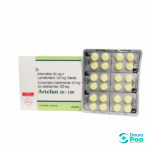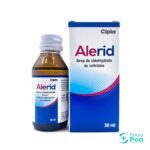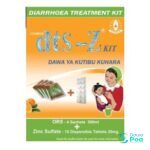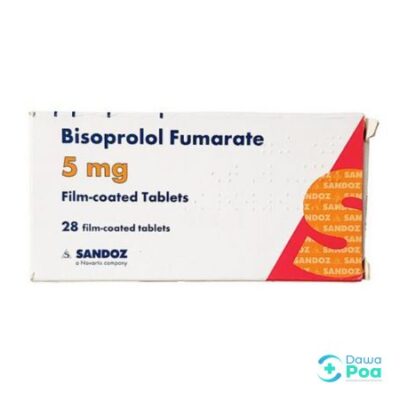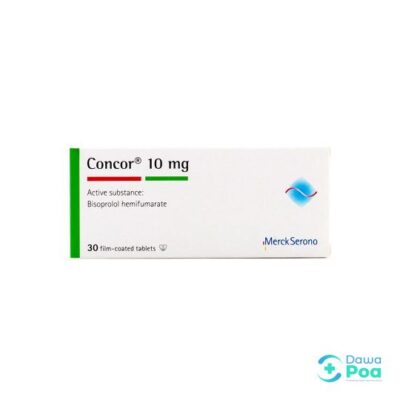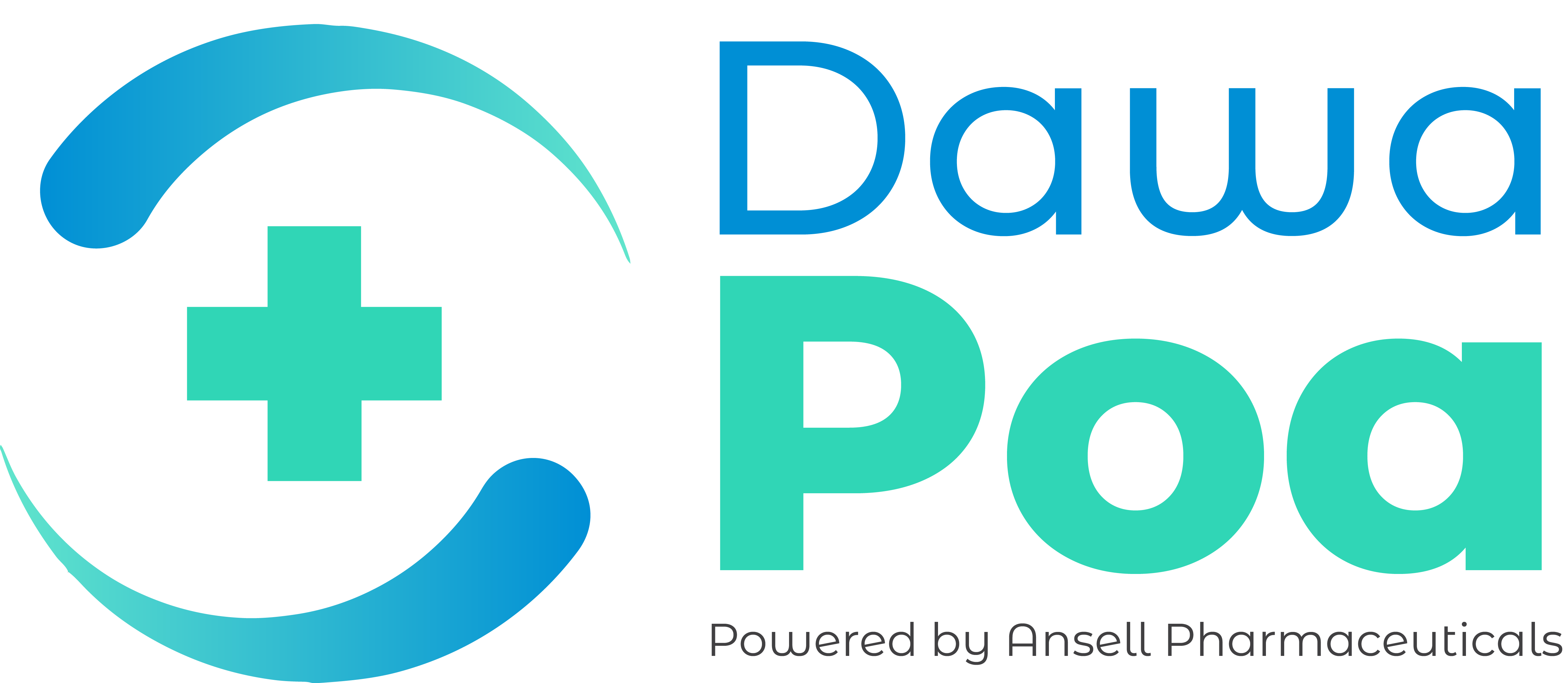Tritace 2.5mg Tabs 28’s
KSh 2,286.00
Tritace 2.5mg Tablets help lower blood pressure by relaxing blood vessels, making it easier for the heart to pump blood. Each tablet contains Ramipril 2.5mg.
Anti-Hypertensives
Suggested Use
Tritace 2.5mg Tablets are indicated for:
- Hypertension: To lower high blood pressure, reducing the risk of stroke, heart attack, and other cardiovascular complications.
- Heart failure: Management of symptomatic heart failure.
- Post-myocardial infarction: To improve survival and reduce the risk of heart failure after a heart attack.
- Renal protection: To delay the progression of kidney disease in patients with diabetes or other chronic kidney conditions.
Dosage:
Adults:
- Hypertension: The usual starting dose is 2.5mg once daily, which may be increased to a maintenance dose of 5mg or a maximum of 10mg daily based on blood pressure response.
- Heart failure: Start with 1.25mg once daily, gradually increased to a maximum of 10mg daily in divided doses.
- Post-myocardial infarction: Start with 2.5mg twice daily, increased gradually to 5mg twice daily.
- Renal protection: Begin with 1.25mg daily, titrate up to 5mg daily if tolerated.
Elderly and patients with renal impairment: Lower initial doses may be required. Dose adjustments should be made cautiously based on renal function and blood pressure response.
Administration:
Tritace tablets should be swallowed whole with water, preferably at the same time each day, with or without food.
Warning
- Avoid in patients with a history of angioedema or hypersensitivity to ramipril or other ACE inhibitors.
- Not recommended during pregnancy due to potential harm to the fetus. Consult a doctor if planning pregnancy or breastfeeding.
- Use with caution in patients with renal dysfunction; regular monitoring of kidney function is essential.
- Risk of elevated potassium levels; monitor potassium levels during therapy.
- It may cause low blood pressure, particularly after the first dose. Patients should be monitored for dizziness or fainting.
- Inform your doctor about all medications being taken, especially diuretics, NSAIDs, or other antihypertensives.
- Persistent dry cough is a common side effect; consult a doctor if it occurs.

